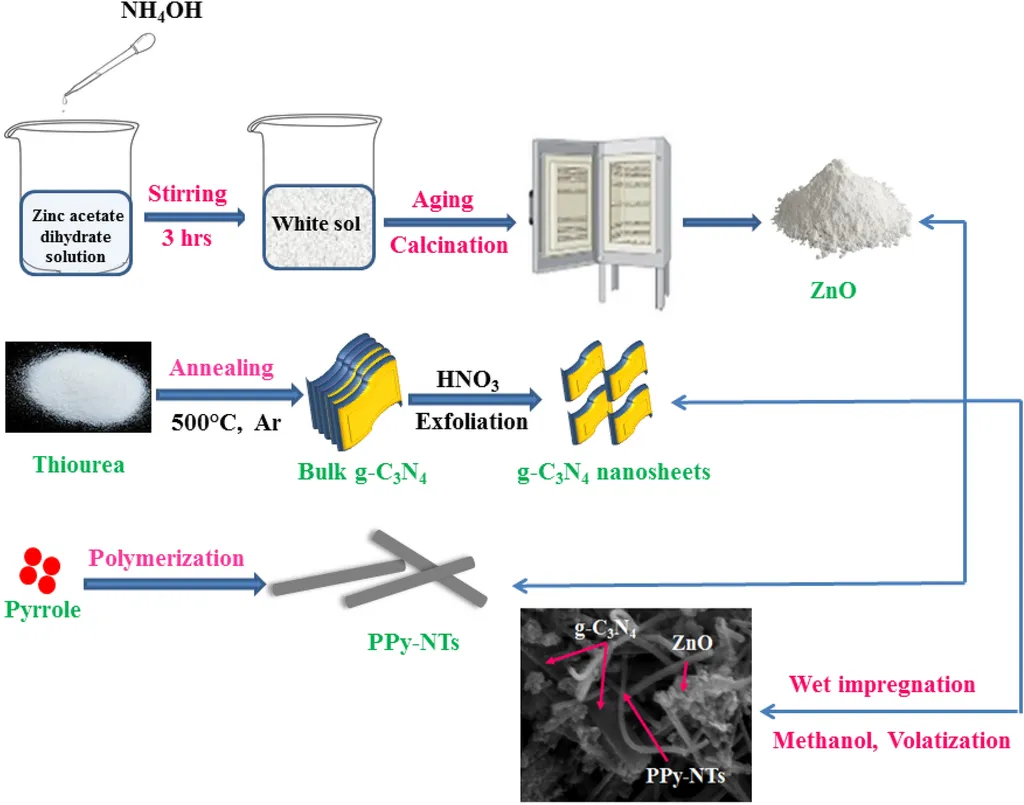In the relentless battle against corrosion, particularly in the harsh marine environment, researchers from Xi’an Polytechnic University have made a significant stride. A team led by KANG Yongxia has uncovered how different curing agents can dramatically enhance the corrosion resistance of chemically bonded phosphate ceramic (CBPC) coatings, a finding that could have substantial commercial impacts for the energy sector.
Corrosion is a silent but costly menace, particularly in offshore and marine energy infrastructure. The research, published in *Cailiao Baohu* (translated as *Materials Protection*), delves into the effectiveness of four different curing agents—Al2O3, CaO, SiO2, and ZnO—in bolstering the corrosion resistance of CBPC coatings applied to 304 stainless steel.
The team’s meticulous analysis revealed that the CBPC coating with ZnO as the curing agent outperformed the others, exhibiting the highest corrosion potential and the lowest corrosion current density. “The ZnO-based coating demonstrated a corrosion protection efficiency of 96.49%, which is a game-changer,” said KANG Yongxia, the lead author of the study. This remarkable performance was attributed to the dense microstructure of the coating, which had fewer corrosion paths, and the highest relative mass fraction of the AlPO4 phase (20.89%).
Moreover, the wetting angle of a 3.5% NaCl droplet on the surface of the ZnO-based coating was the highest, measuring 107°. This means that the droplet found it more difficult to spread and penetrate the coating surface, effectively reducing the penetration of corrosive media and slowing the corrosion rate.
The implications of this research are profound for the energy sector, particularly in offshore wind farms, oil and gas platforms, and desalination plants, where corrosion can lead to catastrophic failures and significant financial losses. By optimizing the curing agents used in CBPC coatings, engineers can extend the lifespan of critical infrastructure, reduce maintenance costs, and enhance safety.
“This study opens up new avenues for developing more robust and durable coatings for marine applications,” said KANG. The findings could pave the way for innovative solutions that mitigate corrosion in challenging environments, ultimately contributing to more sustainable and cost-effective energy production.
As the energy sector continues to push the boundaries of exploration and exploitation in marine environments, the need for advanced corrosion protection technologies becomes ever more critical. The research conducted by KANG and their team at Xi’an Polytechnic University represents a significant step forward in this endeavor, offering a promising solution to one of the industry’s most persistent challenges.

